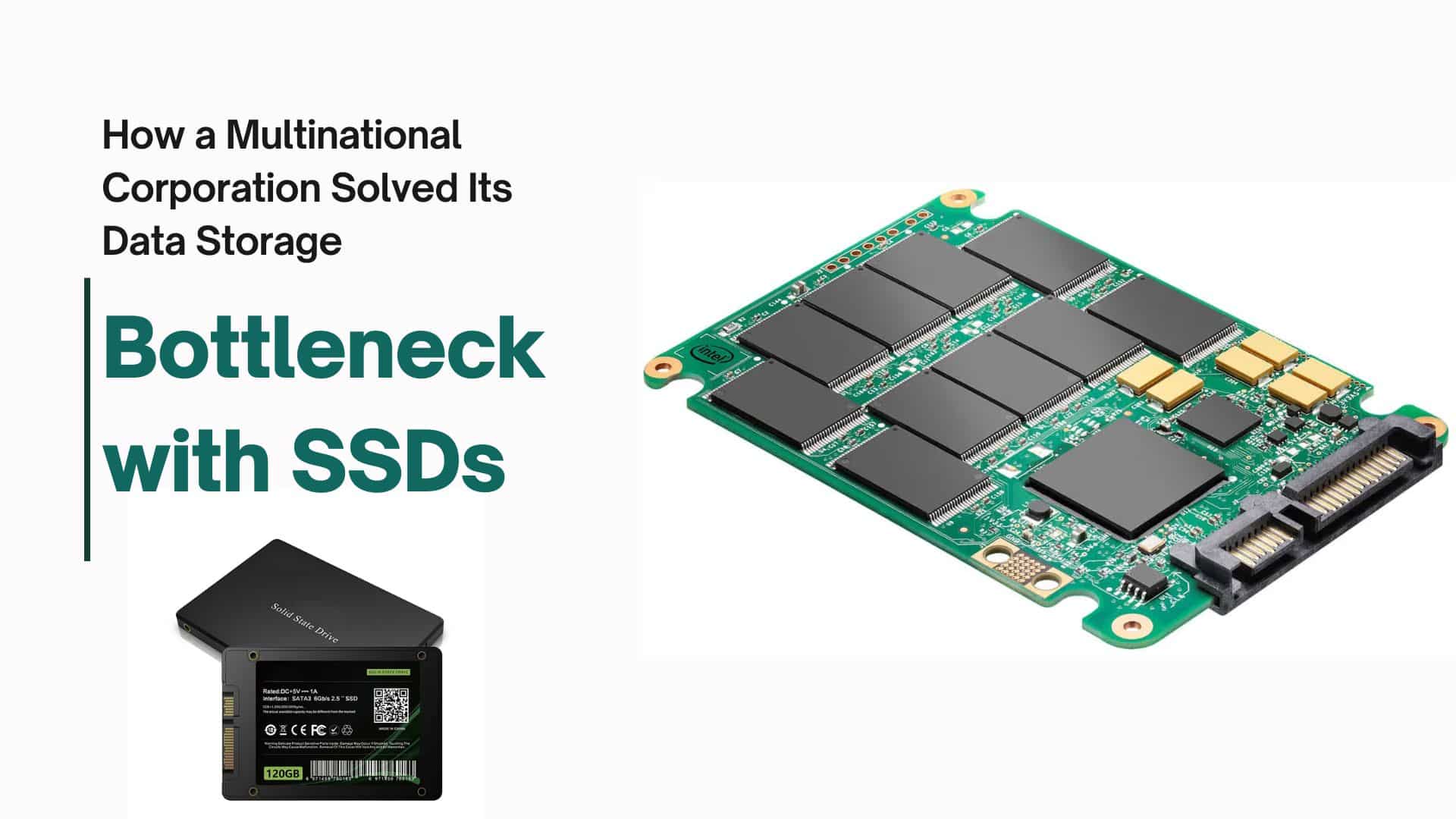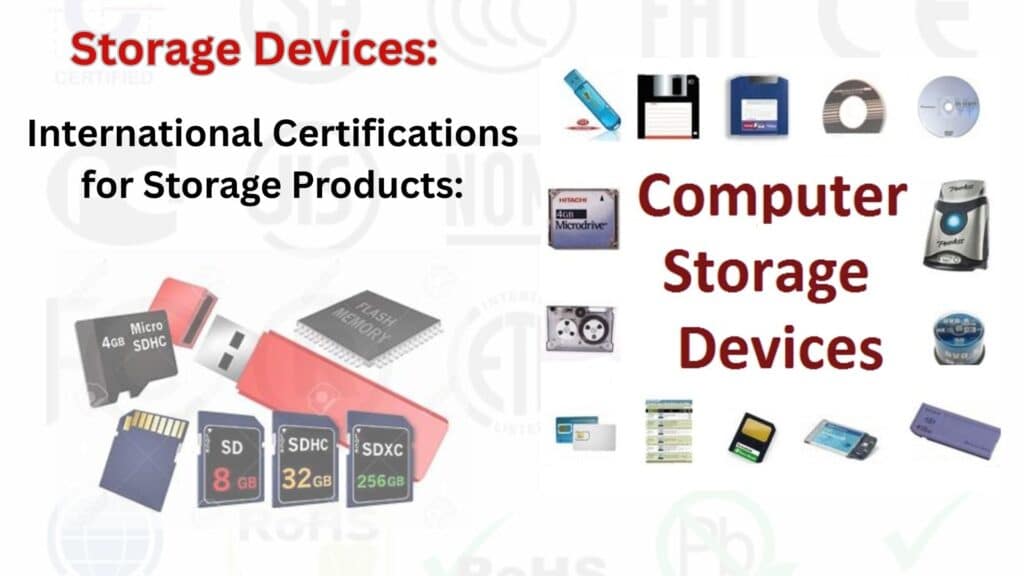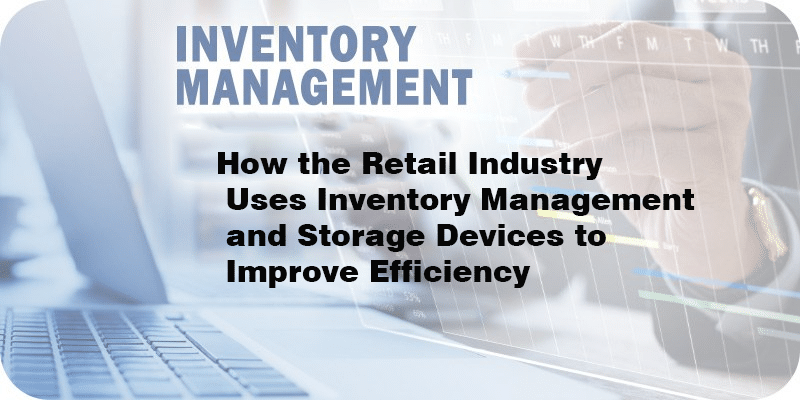How a Multinational Corporation Solved Its 4 Data Storage Bottleneck with SSDs

Introduction:
Multinational corporations are increasingly facing data storage challenges as their global operations generate vast amounts of data across multiple regions and departments. The primary issue lies in slow data access and the inefficiencies of handling large files, which can drastically impact productivity. Many of these corporations continue to rely on traditional hard drives that struggle to meet the growing demand for fast and reliable data retrieval. Enter enterprise SSD solutions, a transformative technology designed to streamline data access, improve performance, and reduce downtime. By making the switch to NVMe SSDs, corporations are unlocking substantial gains in both efficiency and cost-effectiveness, enabling them to stay competitive in a fast-paced, data-driven world.
Section 1: The Challenges of Data Management for Multinational Corporations
Multinational corporations handle an enormous volume of data across multiple departments, teams, and geographic locations. As a result, managing and accessing this data becomes increasingly difficult, especially when it involves handling large files such as marketing materials, customer databases, or research data. Traditional storage methods, particularly hard disk drives (HDDs), often lead to significant inefficiencies.
The primary issue with HDDs is their slow read/write speeds. This translates into delays in retrieving and accessing data, which can significantly hinder workflow across various departments. For example, a marketing team in one region may struggle to access large video files from a central server, which delays content creation and launches. Similarly, a sales team in another region may face lagging access to crucial client data, slowing down deal closures and customer service. Slow data retrieval not only disrupts productivity but can also delay decision-making processes, which in turn hampers overall business performance.
Section 2: SSDs as a Solution for Data Storage Bottlenecks
The introduction of NVMe SSDs (Non-Volatile Memory Express solid-state drives) provides an ideal solution for multinational corporations dealing with data storage bottlenecks. Unlike traditional hard drives, SSDs use flash memory to store data, which allows for much faster read/write speeds and greater reliability.
NVMe SSDs, in particular, offer impressive performance benefits over older storage technologies. They have significantly lower latency, which means faster data retrieval times. With these drives, multinational corporations can achieve faster access to critical data, reducing the delays caused by slow storage systems. SSDs are also more durable and less prone to physical failure, making them a more reliable long-term solution.
Moreover, SSDs are cost-effective for corporations that need scalable storage solutions. Although SSDs were once more expensive than traditional hard drives, the price gap has significantly narrowed over the years. As SSDs continue to drop in price and improve in capacity, they are becoming an increasingly viable option for enterprise-scale data storage.
Section 3: Case Study: How a Multinational Corporation Implemented SSDs
A multinational corporation specializing in consumer electronics faced significant data storage challenges across its global network of data centers. The company was experiencing slow data retrieval times, particularly when accessing large product designs and market analysis reports from different regions. This was affecting productivity across multiple departments, including R&D, marketing, and sales.
After conducting a thorough review of its data management systems, the company decided to implement enterprise SSDs in its data centers. They transitioned from traditional hard drives to NVMe SSDs, which offered significantly faster read/write speeds and more reliable storage. The shift was made in phases, starting with the most critical departments that required quick access to large files.
The results were immediate and impressive. Data access times were drastically reduced, and employees no longer had to wait for files to load or transfer. The transition also resulted in lower maintenance costs, as SSDs are less prone to failure compared to HDDs, reducing the need for frequent hardware replacements. Additionally, the corporation experienced minimal downtime during the switch, thanks to the seamless integration of SSDs with their existing IT infrastructure.
Section 4: Key Benefits of SSDs for Global Corporations
The switch to NVMe SSDs brought several key benefits to the multinational corporation:
- Faster data retrieval: Employees could access large datasets, including product designs, financial reports, and market analytics, much more quickly. This speed significantly enhanced productivity across departments, leading to faster decision-making and improved efficiency.
- Enhanced reliability: With enterprise-grade SSDs, the corporation experienced fewer hardware failures and reduced system downtime. This led to greater overall system stability and fewer disruptions in operations.
- Cost savings: Although SSDs were initially more expensive than traditional hard drives, the corporation saved money in the long run due to reduced maintenance costs, less frequent hardware replacements, and increased efficiency. The longevity and durability of SSDs helped the company avoid the hidden costs of maintaining older, slower storage systems.
Conclusion:
In conclusion, the implementation of NVMe SSDs has proven to be a game-changer for multinational corporations struggling with data storage bottlenecks. These drives offer numerous benefits, including faster data retrieval, enhanced reliability, and significant cost savings. As businesses continue to face growing data management challenges, adopting modern data storage solutions like enterprise SSDs can ensure better performance, lower operational costs, and improved productivity. For companies looking to stay competitive and responsive in an increasingly data-driven world, transitioning to SSD technology is an investment that delivers both immediate and long-term results.










